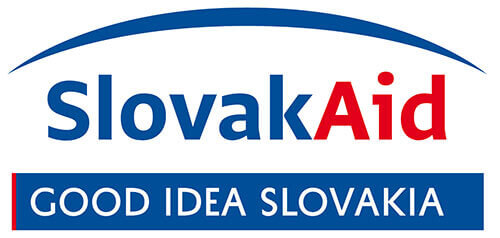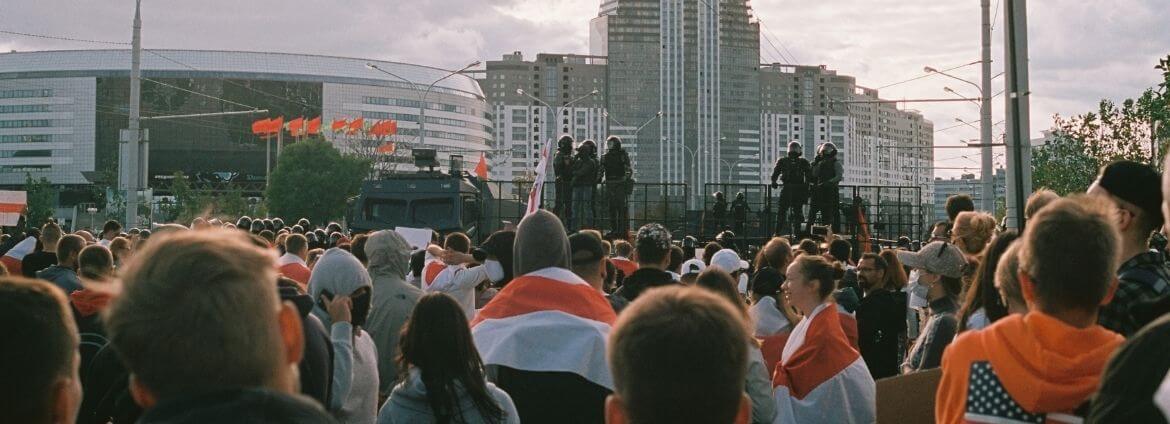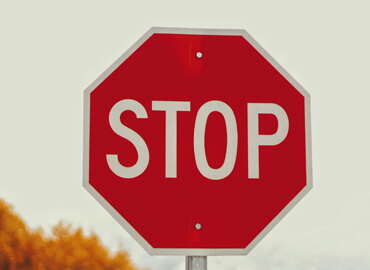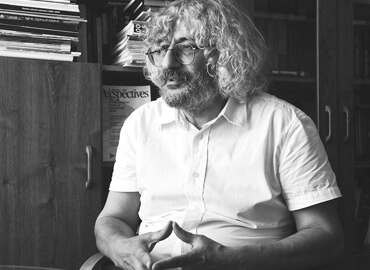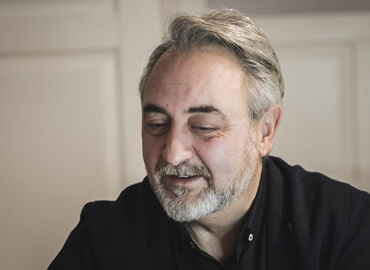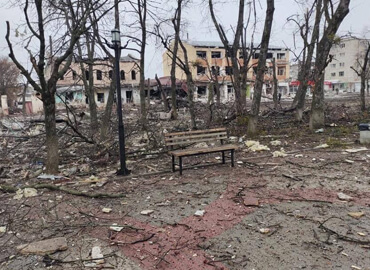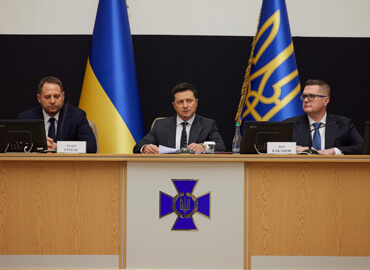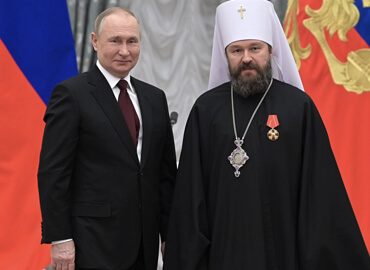The political crisis began in Belarus more than one year ago. Protests were sparked in August 2020 by the rigged presidential elections and gained momentum after the unprecedented police violence that followed. Hundreds of thousands took to streets under the national Belarusian white-red-white flag every Sunday, workers attempted to strike, while others made donations to solidarity funds and expressed their position in every way possible. No matter how hard Belarusian and Russian state propaganda tried to depict protestors as «drunk,» «high,» «aggressive,» or even «fascist,» the 2020 protests are associated with flowers, folk songs, and tea parties. To prove that the protests were aimed at violent overthrow of the government, state media agencies had to manipulate news and use photos of protests in other countries as evidence, which is the best proof that the protests in Belarus were as peaceful as possible.
When the protest movement started, it was widely compared with the Ukrainian 2013-2014 Euromaidan. However, such a comparison is irrelevant.
Euromaidan started as a geopolitical protest and ended as a geopolitical revolution, resulting in Ukraine’s shift towards the EU.
The Belarusian revolution started as a response to fraudulent elections, and even after the three days of terror in August that could have spurred protestors to demand radical change, the protestors only demanded the holding of new elections, the release of political prisoners, and that the government stop the violence. The 2020-2021 protest movement in Belarus never took on a geopolitical context.
Still, geopolitical actors took their sides. The EU, US, and other democratic countries support Belarusian society, while Russia is betting on Lukashenka and his henchmen. Even with this, although the attitudes of Belarusians to Russia and other countries have been shown to change by both Western and Russian polls, there is no geopolitical orientation in the Belarusian protest.
At the start of the protest, Belarusians did not even have a vision of what the country’s economy or political system should look like. In August-September 2020, people felt that all they had to do was release political prisoners and initiate an inclusive dialogue. Economic, political, legal, social, and other issues were put on the backburner because the agenda was totally different. Only now, a year later, are Belarusian democratic forces developing comprehensive reform packages.
Belarusian society, however, remains focused on the here and now. Solidarity is the key. Thousands of people are behind bars on political grounds. 800+ of these are recognized as political prisoners. They, as well as their families, need support and are receiving it in every possible form, including letters as moral support and financial and material assistance. This is partly due to the efforts of Belarusians abroad.
The Belarusian diaspora has been increasingly involved in all activities within Belarus over the past year. It is extremely important now, when overseas became the only safe place (relatively, as the case with Raman Pratasevich has shown) for political activism. Diaspora groups provide support for Belarusians, conveys the real situation in Belarus to local governments in their respective countries, and are keeping Belarus on the international agenda.
International support has been crucial for the protests in Belarus. The Belarusian democratic movement is about human rights and universal values, and signs of solidarity from foreign governments and ordinary people demonstrate that Belarusians are on the right track. Any mention in the foreign press, resolution by a parliament, statement by a politician or a party, or a white-red-white flag appearing somewhere abroad – this is how the international community shows that it stands and will #StandwithBelarus.
Belarus is not a superpower and has not been on the international agenda for a long time. Many of the international solidarity campaigns have been organized by the Office of Sviatlana Tsikhanouskaya and other democratic forces. While the regime is internationally isolated, the leader of democratic Belarus Sviatlana Tsikhanouskaya and her representatives hold meetings with presidents and officials of various countries. However, Ms. Tsikhanouskaya herself says, «I do not see myself in politics. I am not a politician.» Moreover, she has never called upon Belarusians to join the Sunday rallies. Instead, she only supported those who took to the streets. The Belarusian protest is all about decentralization and self-organization. Although Belarusians have an elected leader, they still make decisions collectively via Telegram chats, channels, other platforms. Even if their leader had discouraged them from taking part in a rally, or a strike, people would still participate because it is their will and their decision that emanates from their beliefs, not someone else’s. The main takeaway from the 2020-2021 events for Belarusians is the need to be personally accountable for democratic change.
The peaceful protests in Belarus have not forced Alexander Lukashenka to resign. Despite mass street rallies, large-scale offline and digital activism, and the obvious victory of democratic forces in public outreach, Lukashenka and his henchmen have managed to stay in power. Still, the 2020 events sparked an irreversible change in society that will inevitably result in a democratic transition. The peaceful protests have demonstrated the best in Belarusians: their solidarity, willingness to help each other, and take responsibility. The collective response to the rigged elections and unprecedented violence has opened their eyes to what has been happening in the country for years. While the regime trained its police to brutally oppress dissidence, Belarusians have finally gotten to know each other and are building horizontal ties. 2020 only gave a strong impetus to that trend, and this will be the reason why we will see Belarus free in the nearest future.
The article was prepared by a participant of the SlovakAid scholarship program.
